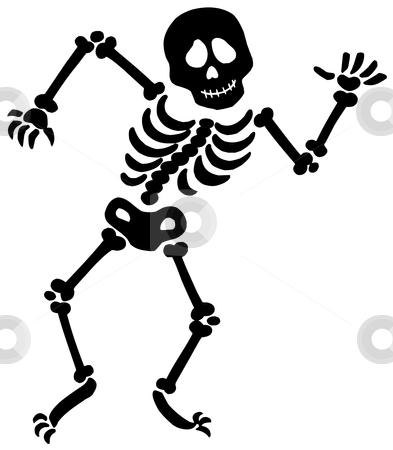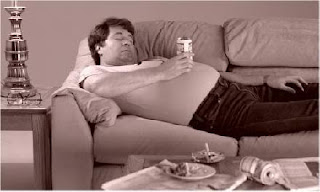But to be honest, I imagined that my professorship would occur in the winter of my years, where I would sport a white beard, smoked a pipe and tossed a scarf around my neck for dramatic effect. But time and circumstance don't always adhere to our plans, so I find myself in the early fall of my years, still a strapping young man, happily working my professional gigs and teaching in a college or holding workshops in various communities.
Even in my youth there was always a particular joy I got in breaking things down, de-constructing them and then explaining them in a way that people understood how the darn thing actually works. This is what I do in my screenwriting or film and TV related courses.
I stand on the premise that there is structure and there are fundamental elements in dramatic writing. It's not just an outpouring of formless inspiration.Of course there are some filmmakers or writers who make it look easy--who just pour it out like the final project was pre-made and they're just laying it down. The reason they can do that is because the fundamental and often intrinsic structures that give shape to well-wrought drama (or comedy) has been grafted into their DNA. In other words, the underlying foundational elements of good dramatic structure has been so molded into their consciousness, that they can often crank out good work instinctually. That is not to say they don't work hard to do it or make it better, it's just that they've mastered the fundamentals so darn well.
 |
| Dem dramatic bones! |
 How else can Woody Allen (please try to divorce your feelings about his personal life from his professional achievements!) crank out movies year after year, or J.K. Rowling write such world building work or Stephen King hammer out books like he's a one-man printing press? It's simple: they know the fundamentals.
How else can Woody Allen (please try to divorce your feelings about his personal life from his professional achievements!) crank out movies year after year, or J.K. Rowling write such world building work or Stephen King hammer out books like he's a one-man printing press? It's simple: they know the fundamentals.That's what I teach in my class. I like to say I give students the bones of dramatic structure. Then, through the individuality of their own creative expressions, they will put the skin and muscle (or fat!) on those bones. Thus each body of work will ultimately differ from the other as you and I differ from each other. No need to go further with that analogy. You get it. ( I hope! If not, write me.)
So, in the pursuit of building those bones I always start with the number one guiding principal for me when it comes to writing movies. I'll discuss what that is, and more, in my next post.



